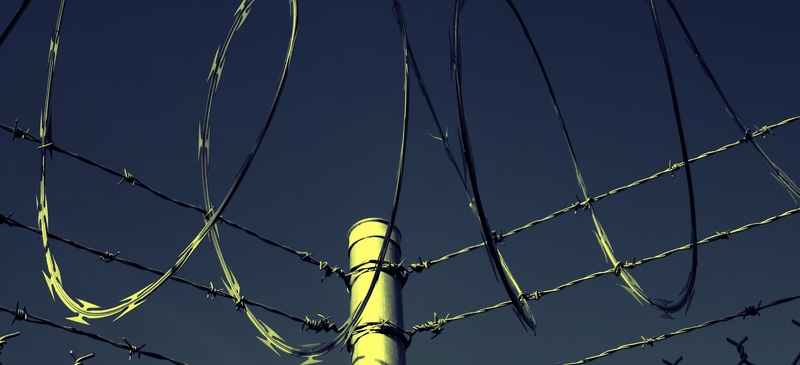
Europe must tackle asylum
Television images of migrants walking unabashed into the Channel Tunnel are a stark reminder of the fact that Britain is no longer an island. Even though it has notional control of its borders, Britain cannot have an effective immigration and asylum regime without the co-operation of its neighbours.
Its dispute with France over would-be asylum-seekers, many of whom use the Sangatte Red Cross centre near Calais as a transit point, also illustrates the need for common rules across the European Union. Without similar standards, governments will be tempted to outdo their neighbours in order to make their countries less attractive destinations. Without a Europe-wide regime, it is impossible to make individual governments assume their responsibilities for what is a European problem.
The German authorities, for instance, have drastically restricted access for asylum-seekers by shifting the responsibility to neighbouring countries. The only legal way for an asylum-seeker into Germany is by air, but airlines that carry passengers without a visa face a fine. These restrictions may have contributed to the sharp fall in the number of refugees since its peak of around 500,000 each year in the early 1990s to fewer than 100,000 last year. But the decline probably owes most to the end of hostilities in the former Yugoslavia.
Britain, too, has clamped down, making it legally impossible for a refugee to enter the country without a visa. But rather than keeping migrants out, this policy has merely created a new and efficient infrastructure to get them in - the people-smuggling gangs.
Stigmatising asylum-seekers by giving them unwieldy vouchers rather than cash benefits was also meant to discourage people from coming to Britain to sponge off the welfare state. Yet neither vouchers, nor the ban on asylum-seekers working while their claims are processed, acts as a deterrent. The number of people requesting asylum in Britain has risen steadily in the 1990s, peaking at 100,000 last year.
The British authorities are especially frustrated that France is not doing more to tackle the problem of migrants accumulating on the other side of the Channel. Under the 1990 Dublin convention, asylum-seekers are obliged to apply for refuge in the country where they first enter the EU. The French authorities should be trying to send these asylum-seekers home, but it is easier to simply let them travel to Britain. As far as France is concerned, with Britain not a member of the Schengen area, the EU's single external frontier stops in the middle of the Dover strait. Daniel Vaillant, the French interior minister, has suggested that Britain should resolve its problem by further tightening up its rules. That is the wrong approach, for it risks creating a downward spiral of standards.
Instead, the EU needs to develop common rules on the reception of asylum applicants. A directive proposed by the European Commission in April would lay down a range of minimum standards for the humane treatment of asylum-seekers, from rights to information on immigration procedures to access to healthcare. That would not in itself eliminate secondary movements between countries, but it would remove one of the differentials that encourage migrants to "shop around". It would also make it easier to justify the rule that asylum-seekers must lodge their application in the country where they first enter the EU.
Second, EU governments need to establish a uniform refugee status and a common procedure for deciding who qualifies. They all base their national rules on the 1951 Geneva Convention, but they or their courts interpret the convention's provisions differently. Thus Britain recognises as refugees people fleeing non-state persecution - such as women escaping forced marriages - while Germany does not.
The Commission proposed draft rules in September 2001. But agreement could take years. Some member-states are now trying to reinterpret the Geneva Convention in a way that appears to water down the guarantee that those fleeing persecution will be granted refuge. The Commission rightly says that the convention should be applied in full.
Third, once the EU has established common standards it should devise a system for sharing the burden of refugee movements. One way would be to distribute people among EU countries. But far easier, and more humane, would be a system of financial compensation. Countries that receive disproportionate numbers would receive money from a central EU fund.
Fourth, the EU should adopt a more liberal immigration regime. Europe needs more workers if it wishes to maintain its standard of living over the next 50 years. A large proportion of asylum applicants are looking for a better standard of living rather than fleeing oppression. If there were more opportunities for legal immigration people would be less likely to misuse the asylum system. It will also help to tackle the people smuggling gangs who exploit those hoping for a better life.
The EU has to make sense of a jumble of national rules and jurisprudence on asylum. It is already clear that with decisions still taken by unanimity progress is far too slow. The Council can move to qualified majority voting if all members agree. They should do so if they want Europe to have a coherent approach to refugees.
